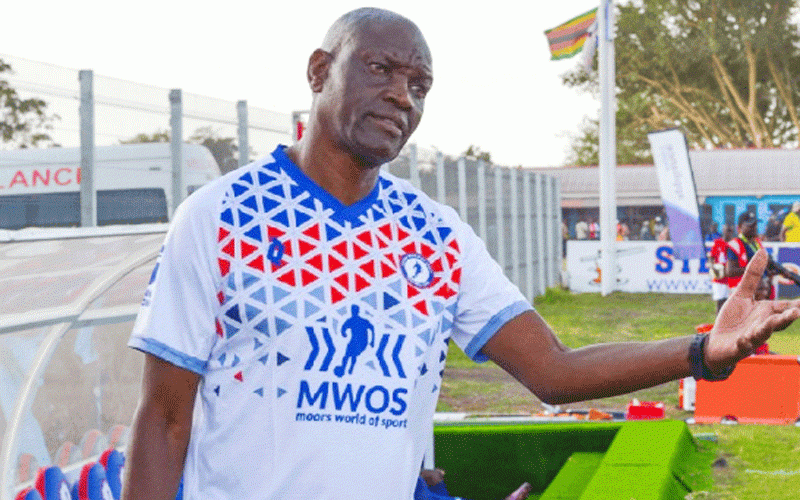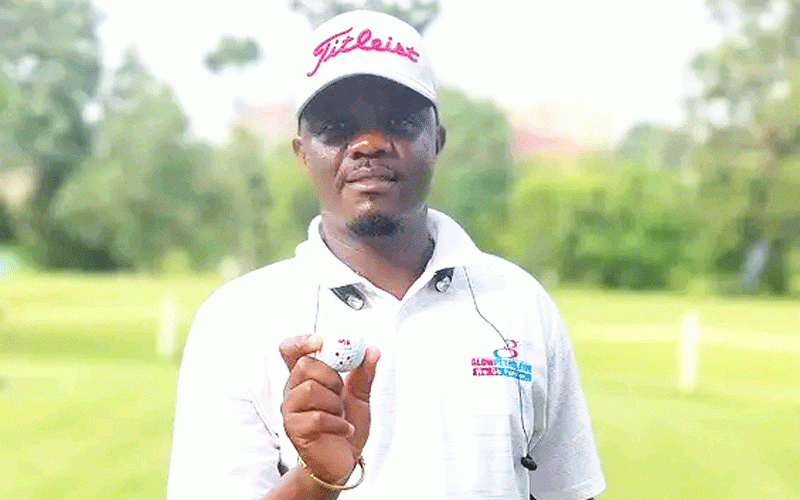
Although he is now thousands of kilometres away from the war-torn city of Al-Bayda in Libya, the smell of blood still chokes his nostrils and his eyes remain clouded by the towering columns of thick black smoke that filled the city.
Malajila, who recently endured a painful 12-hour travel by road escaping from the mayhem in Libya, is happy to be reunited with his family but is yet to recover from the murderous scenes he encountered in Libya.
For over two weeks, the player could not leave Libya as the local airport had been closed and the only option was to use the road to the neighbouring Egypt.
That country was also still smarting from the after-effects of the violent demonstrations that led to the demise of former dictator Hosni Mubarak.
“It was really tough, but such is life,” said Malajila, narrating his ordeal to Standardsport.
“All my thoughts were with my pregnant wife and five-year-old daughter Tanatswa when I was in Libya. I never expected such a situation to occur, but that can happen anywhere.
“Though I did not go out during that period, I could hear gun shots from my flat and the air was filled with smoke and that brought rumbles in my stomach such that I was just too eager to leave the country.“Much of the time I could spend either praying or sleeping as it was dangerous to go out,” he said.
Malajila was stuck in Al-Bayda — Libya’s third largest city — for over two weeks until the day he dashed to freedom by embarking on a 1 053km road journey to Egypt passing through military checkpoints and corpses by the roadside.
- Chamisa under fire over US$120K donation
- Mavhunga puts DeMbare into Chibuku quarterfinals
- Pension funds bet on Cabora Bassa oilfields
- Councils defy govt fire tender directive
Keep Reading
Malajila only managed to carry a small luggage, which contained his most prized possession – a size 7½ adiZero boots – the famed lightest and fastest boot ever made. He did not care that he left some of his possessions back in Libya, all he wanted was to escape from a country that has plunged into civil war.
“My team’s officials kept assuring me that everything would be fine as they were working out on something to ensure that I left the country safely.
“They later told me that they had organised an eight-seater station wagon for the five of us foreign players and we had to travel by road to Egypt.
“It was a tiresome 12-hour journey as they were soldiers in the streets. We arrived safely at Cairo International Airport from where I boarded the Egyptian Airlines plane to South Africa. I breathed a sigh of relief,” he said.
He added that he managed to make it safely home in Highfield on Wednesday night (March 2) and the sight of his family members left him close to tears.
“I was home safely at last and you can imagine what went through my mind as I saw my family and how tired I was. I can say I still need to rest at the moment,” he said.
However, does he still have any plans of going back to Libyan side Al Akhdar?
“That is where I work my brother and if the situation normalises, I will definitely go. At the moment, I will just enjoy my rest. They gave us 30 days leave and I have only spent a fortnight,” he said.
The former Chapungu and Highlanders fleet-footed striker also allayed reports of joining a local club.
“Right now everything depends on the situation in Libya. Remember I have a three-year running contract with Tunisia’s Club Africain, which I signed in August last year. The club later put me on a six-month contract with the Libyan club that is expected to expire in June,” he said.
Malajila’s manager Gibson Mahachi also said it is highly unlikely that Malajila could turn out for a local club.“He still has a running three-year contract with Club Africain of Tunisia and also the six-month contract he signed with the Libyan club to honour. We can only organise for him to train with a local team to stay in shape, but not to play for the club,” he said.
As a partying short, Malajila expressed his disappointment at leaving the club claiming that everyone at the club liked him.
“They did not want us to leave. Unfortunately events in that country made us leave. If the situation normalises, I will go back,” he said.











